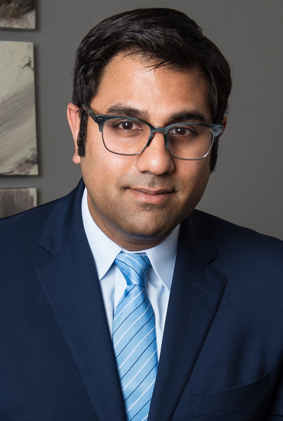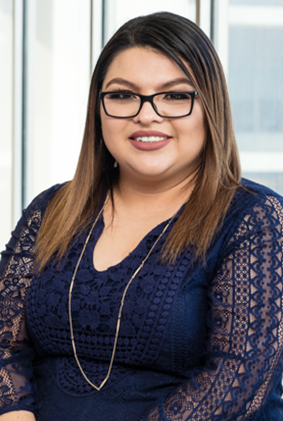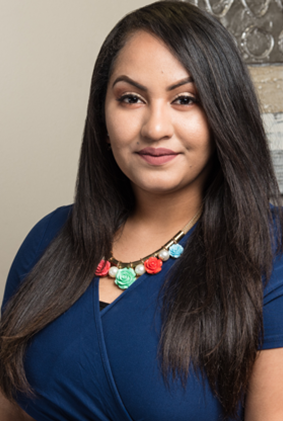32-year old Reyes Landin Alvarez from Guanajuato, Mexico, arrived in the United States in 2004 to seek a better life. He moved to Fort Worth, Texas, where he met Susana.
Susana was a US Citizen, but she hadn’t had an easy life. She suffered from Bell’s Palsy and social anxiety disorder due to her facial paralysis. Susana battled with psychological issues and chronic stress thanks to a host of traumatic experiences – including a life-altering car accident, a miscarriage and continuing fertility issues.
Reyes became her shining light.
“Finding Reyes was like meeting my own guardian angel,” explained Susana, whose life overtime began to depend on his presence. They worried about his undocumented status affecting their future together, so in In 2013, the couple set out to fix Reyes’ papers.
In order to resolve his paperwork, Reyes would need to return to Mexico and petition for an immigrant visa, but there was a catch. Reyes had entered the United States “without inspection,” or, without going through US Border control, so our lawyers knew it was a risk for him to leave the country and be barred reentry. There was a solution however – a Provisional Waiver of Unlawful Presence.
A Waiver of Unlawful Presence can be granted to an undocumented person who needs to leave the U.S. to attend an immigration interview at a consulate abroad. In the past, these waivers could only be applied for after the immigrant had already left the US – which meant taking the significant risk of not getting approved and being stuck on the outside. Fortunately, Obama instituted the Provisional Waiver of Unlawful Presence, which could be applied for prior to leaving the states, encouraging more people to leave and re-immigrate legally.
In order to get the waiver approved, and immigrant needs to demonstrate that the denial of their readmission to the US would cause extreme hardship to their US Citizen Sponsor. In other words, if Reyes is sent back to Mexico, our lawyers needed to prove that his qualifying relative – in this case, Susana – would face extreme hardship if she was separated from her husband.

The challenge is that the USCIS defines extreme hardship as difficulties substantially beyond what you’d normally expect when a married couple are unable to live together – and Reyes and Susana had already been denied once, when they applied with the help of another law firm.
“It was heartbreaking, being denied,” remembered Reyes. “We were so frustrated but we knew we couldn’t give up. Mr. Patel and his team seemed to know how important it was to us.”
Our lawyers also knew that Susana’s hardship was real, so we set out to create an airtight case for the waiver application.
We started with her psychological difficulties. To live well, Susana needed to have a strong support network and access to quality mental health care. If the couple was forced to move to Mexico to remain together, Susana would suffer the loss of her care team. She had few strong ties across the border, and the quality of mental health care in Mexico paled in comparison to the US’s. Our team of lawyers filed a full research report on the subject along with the waiver application.
We also looked deeper into Susana’s US relations and learned that Susana had a dependent sister who had been a victim of sexual abuse, who relied on Susana’s presence.
The resulting waiver application was 404 pages, and it was approved on the first go.
Reyes had his provisional waiver and we were finally able to schedule an immigration interview for him at the consulate across the border in Ciudad Juarez, Mexico.
That didn’t mean our work was through.
According to Vinesh Patel, the head lawyer on the case, “The provisional waiver is a great thing, but can be risky business too. Sometimes people get the waiver approved, leave the US and get stuck for various reasons. It’s usually because their cases haven’t been carefully vetted ahead of time.” Our team of lawyers didn’t want that to happen to Reyes.
That meant preparing Reyes for a successful interview. Our paralegals walked him through the process — how to get his medical exam, where to do his fingerprints, what documentation to bring and what sort of questions to expect.
The couple attended the interview, received the immigrant visa and were back in the United States within a few days.
“We were happier than you could imagine. When we got back we had a big party,” laughed Reyes. He now has his green card and is living happily with his wife Susana in Fort Worth, Texas.






